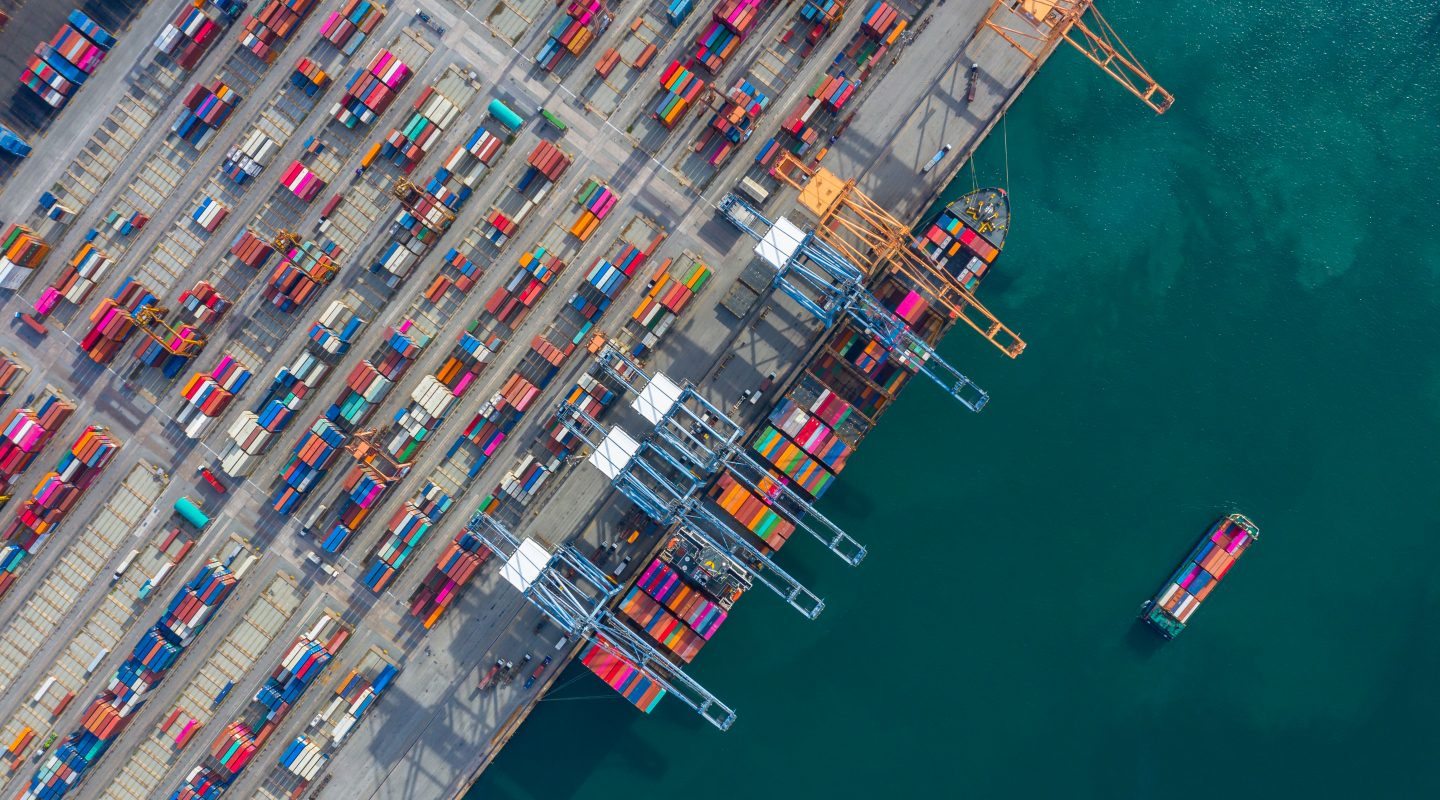Entrepreneurial and Innovation Ecosystem in the Zuid-Holland Maritime Cluster | A Study to Strengthen Regional Cooperation
Efforts in maritime-related innovation directly and indirectly underpin key economic and social activities by supporting global trade, global value chains, resource allocation, and overall economic growth and development. As such, economies all over the world are dependent on developments taking place within the maritime cluster, which has wide-reaching effects across a variety of industries on a local, regional and national level. The region of Zuid-Holland is a key driver of economic activity in the Netherlands and a key player in the global maritime value chain.
However, addressing climate change calls for a rapid energy and resource transition with unavoidable major consequences for fossil fuels and raw materials that, as of today, are still foundational to the maritime cluster. As such, the climate crisis demands a transformation of the maritime cluster: away from fossil fuel dependency and towards those activities that contribute to the new low-carbon, climate-neutral and nature positive economy.
Erasmus Centre for Entrepreneurship and DRIFT provide insights into the Entrepreneurial and Innovation Ecosystem in the Zuid-Holland Maritime Cluster in a collaborative research study to guide strategic decisions towards the sustainable future of the region. The main results and recommendations from the research are summarised below and the full report (PDF) can be downloaded via buttons below:
What is an entrepreneurial and innovation ecosystem and what are key success factors?
An entrepreneurial and innovation ecosystem is defined in this study as:
A complex system of interactions, collaborations and exchanges between agents within an institutional and cultural context which fosters entrepreneurship and innovation. These ecosystems are characterised by and dependent on access to: market, related and supporting industries, talent, knowledge and capital.

Through an extensive literature review and desk study, we arrived at a framework that outlines key components of entrepreneurial and innovation ecosystems in order to identify the following success factors:
Table 1: Typical success factors of a well-functioning entrepreneurial and innovation ecosystem

This framework was applied to the context of maritime ecosystems, to arrive at success factors specific to maritime entrepreneurship and innovation:
Table 2: Typical success factors of a well-functioning maritime ecosystem in transition

Maritime Ecosystem of Zuid-Holland
In order to provide insights into the entrepreneurial and innovation ecosystem for the maritime cluster in Zuid-Holland, we first mapped out key players the region, with a focus on the circularity, hydrogen and offshore wind energy clusters.
 Based on a synthesis of the literature review, desk study and the insights derived from interview1 results, the research arrives at a set of practical recommendations for the entrepreneurial and innovation ecosystem in Zuid-Holland:
Based on a synthesis of the literature review, desk study and the insights derived from interview1 results, the research arrives at a set of practical recommendations for the entrepreneurial and innovation ecosystem in Zuid-Holland:
Table 3: Recommendations to improve the maritime entrepreneurial and innovation ecosystem

Next steps
Together with the Province of Zuid-Holland and Innovation Quarter and a selection of the entrepreneurs that were interviewed, we discussed these recommendations in a Sensemaking Session. The main outcomes to guide strategic decisions towards the sustainable future of the region are as follows:
- Ultimately, an innovation ecosystem is built on people and the choices they make. Today’s reality is that most people still work as part of the old economy, working on maintenance and incremental innovation. A more concerted effort could be made to move people and resources to the new economy. This means making tough choices: is your innovation promising but not sustainable? You will have to look for support elsewhere, as the province is prioritising those innovations that can potentially make a real difference in fostering transformative change.
- The COVID-19 pandemic has showed us that we can speed up innovations such as the vaccine without making shortcuts that are too risky. The increased speed of innovation mainly had to do with an enormous sense of urgency and the willingness to fast-track otherwise slow and bureaucratic processes of regulatory requirements regarding standards of quality, safety and efficacy. This can especially help speed up technologies in TRL 4-7. Given the urgency of the climate crisis, continued effort should be placed on fast-tracking otherwise slow bureaucratic processes such as granting permits and standardisation.
- The ecosystem includes a broad variety of actors and activities, and it is impossible for a province – or any layer of government – to steer and promote all aspects. This means a strategy is needed where a province prioritises what is deemed important enough to focus on. A sensible starting point is to look at impact: given the enormous challenges of the energy and resource transition, what aspects of the current maritime ecosystem are most polluting, where could innovation – or exnovation – make the biggest difference? This demands clearer guidelines to prioritise different potential impact themes.
- Return on Investment (ROI) should not be the primary concern of public funders. Many public funds end up competing with private funds as similar demands are placed on ROI. But what is needed is for public funders to fill the funding gap that private funders do not cover. In practice, this means “money with less strings attached“.
- Many startups encounter difficulties in working with or partnering with incumbent actors (larger corporates). These incumbent actors are showing themselves to be risk averse, slow and preferring incremental change. While this research has focused on smaller players and their ability to scale up, it also points towards the need to better understand regime inertia and the necessity for regime destabilisation and exnovation: the challenging and purposefully phasing-out of unsustainable structures, cultures and practices. This could be done at an ecosystem level but also with a focus on (cultural) change within (individual) companies.
Questions?
For more information about the research, you can reach out Katty Hsu (hsu@ece.nl), Senior Researcher at Erasmus Centre for Entrepreneurship, and Gijs Diercks (diercks@drift.eur.nl), Senior Researcher at DRIFT.
